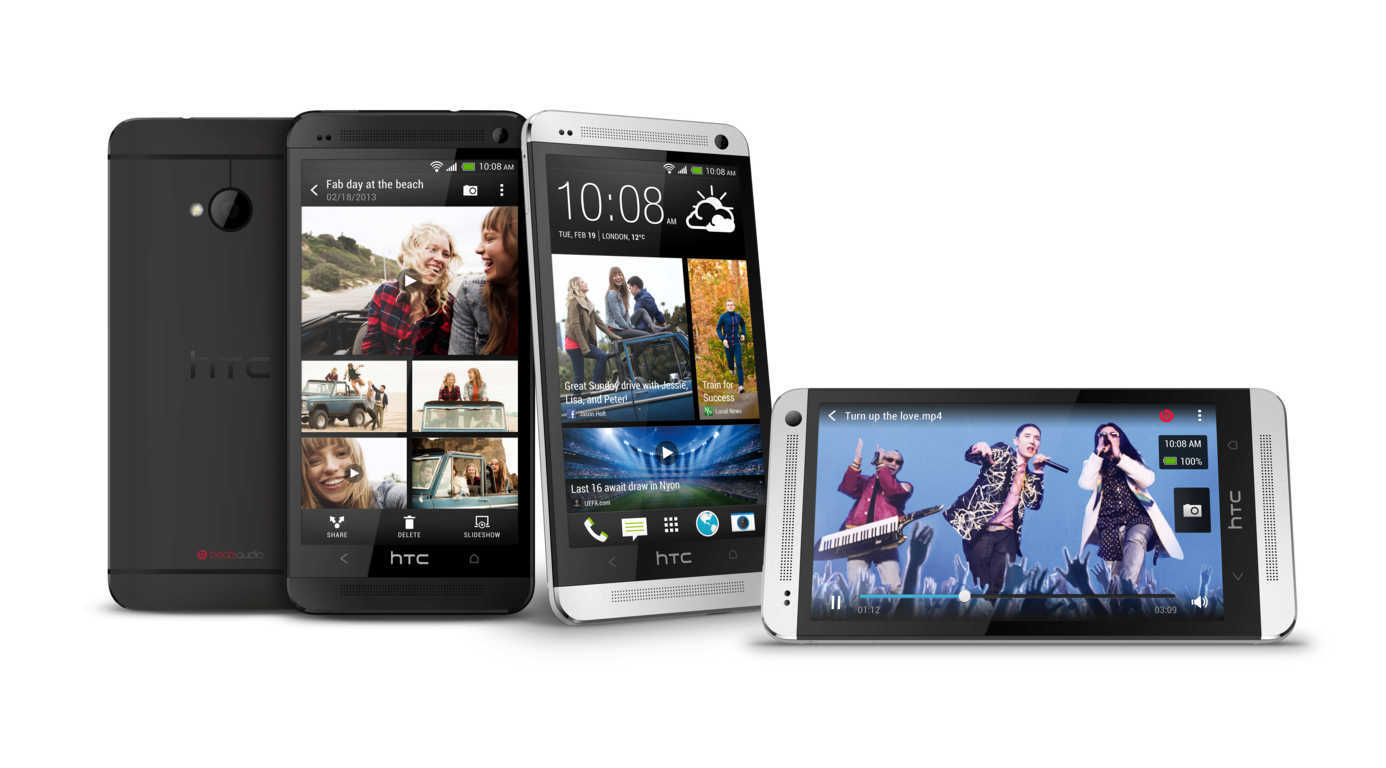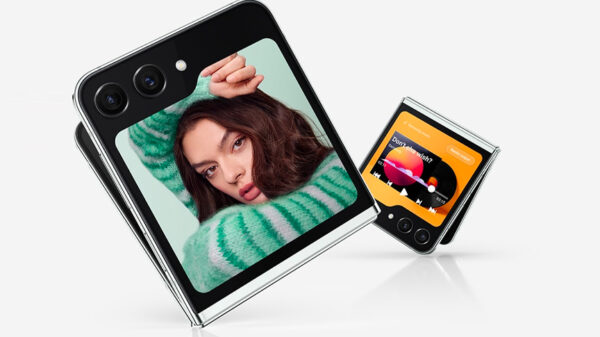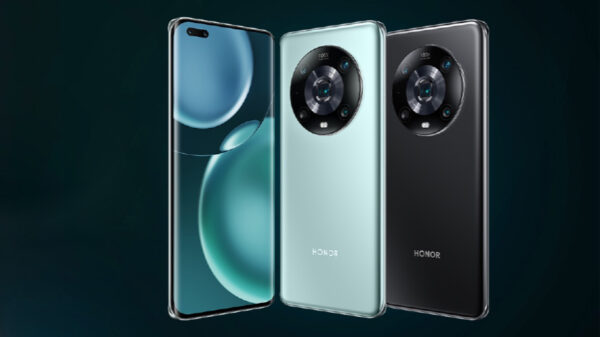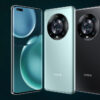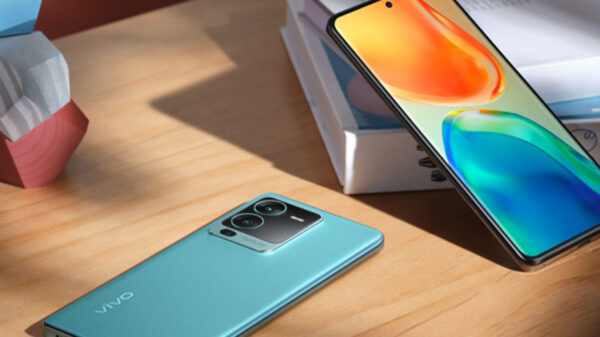The Filipino’s insatiable craving for the latest mobile gadgets and the desire to constantly communicate are making the Philippines a global leader in terms of mobile device usage.

From their main functions of calling and sending text messages and photos, mobile phones now serve as “Internet on-the-go,” allowing consumers to “always be on.”
According to a new survey, 64% of Metro Manila respondents believe that a mobile device is their most important piece of technology, higher than the average 54% of consumers across all countries surveyed. Even for users who own many devices, a mobile phone is still likely to be the most preferred as 89% of the respondents are owners of mobile phones while 53% own a smartphone.
The study also enumerated the top five growth potential for mobile usage and these include video calling, Wi-Fi connection at home, watch live TV shows, blogging, and streaming video (e.g. YouTube).
The survey, called Mobile Life 2013, is an annual comprehensive study conducted by global customized market research firm, TNS, on behaviors, motivations and priorities of mobile users from over 40 countries, including the Philippines.
The study, conducted for the period November 2012 to January 2013, looks into the mobile lifestyle and usage of 38,000 respondents, including almost 500 respondents based in Metro Manila between the ages of 16-60 years old, cutting across all socio-economic classes. It examines how people are interacting through their devices and takes a peek at their mobile lifestyle.
Based on the study, a typical Filipino household owns at least four (4.6) of the following devices: a mobile phone (89%), smartphone (53%), tablet (14%), desktop (39%), laptop/netbooks (37%), and smart TV (4%).
The survey also reveals that 75% of Metro Manila mobile users take photos or videos, a slight increase from 73% in 2012; 45% are browsing the Internet (from 32% in 2012); 44% are accessing their social networking sites (from 34% in 2012); and 37% are checking their emails from a mere 23% last year.
“Based on the findings of the Mobile Life 2013 study, these increases in various mobile activities explain the growing trend of Wi-Fi accessibility in public areas,” explained Gary de Ocampo, TNS Philippines managing director. “We found that 35% of Metro Manila respondents connect to the Internet via Wi-Fi access in public areas in 2013.”
Mobile Phones as Mobile Computers
“Mobile phones have changed into mobile computers,” explains Joseph Webb, head of digital, TNS Greater China. “From their main functions of calling and sending text messages and photos, mobile phones now serve as “Internet on-the-go,” allowing consumers to “always be on.”
Filipino mobile users have changed their priorities when it comes to purchasing mobiles, the study reveals. They don’t just satisfy themselves with the physical design alone but also look for those which can be loaded with as many features and as much content as possible that will enhance their personal experience. This has made smartphone ownership grow reflecting the changing need for mobile users to own phones that offer features beyond just calling and texting functions.
Fifty-three percent of the Metro Manila market now owns a smartphone and it is expected to increase by 11% from the 2012 findings. Compared with the global figures of 42%, the growth in smartphone ownership in the Philippines is higher.
In addition, telecommunication charges have also evolved from minutes to data, as more and more consumers are using their phones for Internet-enabled activities.
Social Media Activities
In terms of social media activities, almost a quarter of mobile users in Metro Manila access social networks on their phones daily mostly to check and write status of friends (70%), send message to friends (58%), update status (48%), and upload photos or videos (46%).
From among the activities that Filipinos use their mobile devices for, online banking is the least popular as only four percent of the respondents avail of this service. According to Webb, security is the primary concern of Metro Manila residents when it comes to online banking.
The study states that mobile devices are extremely important to Manilenos from being an extension of their personality to being a source of entertainment.




















































































